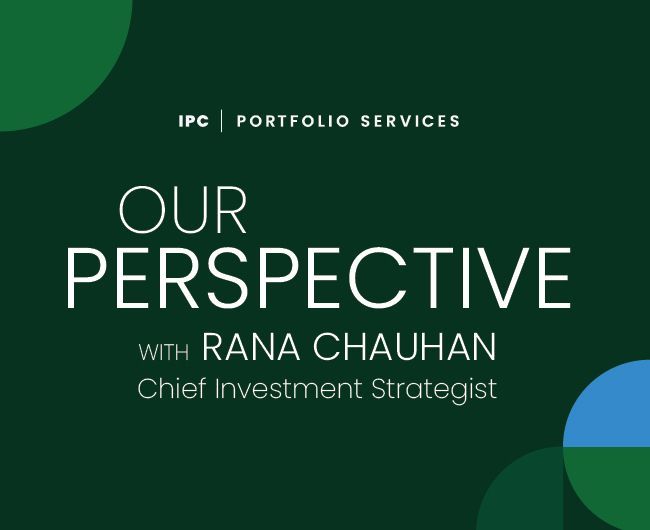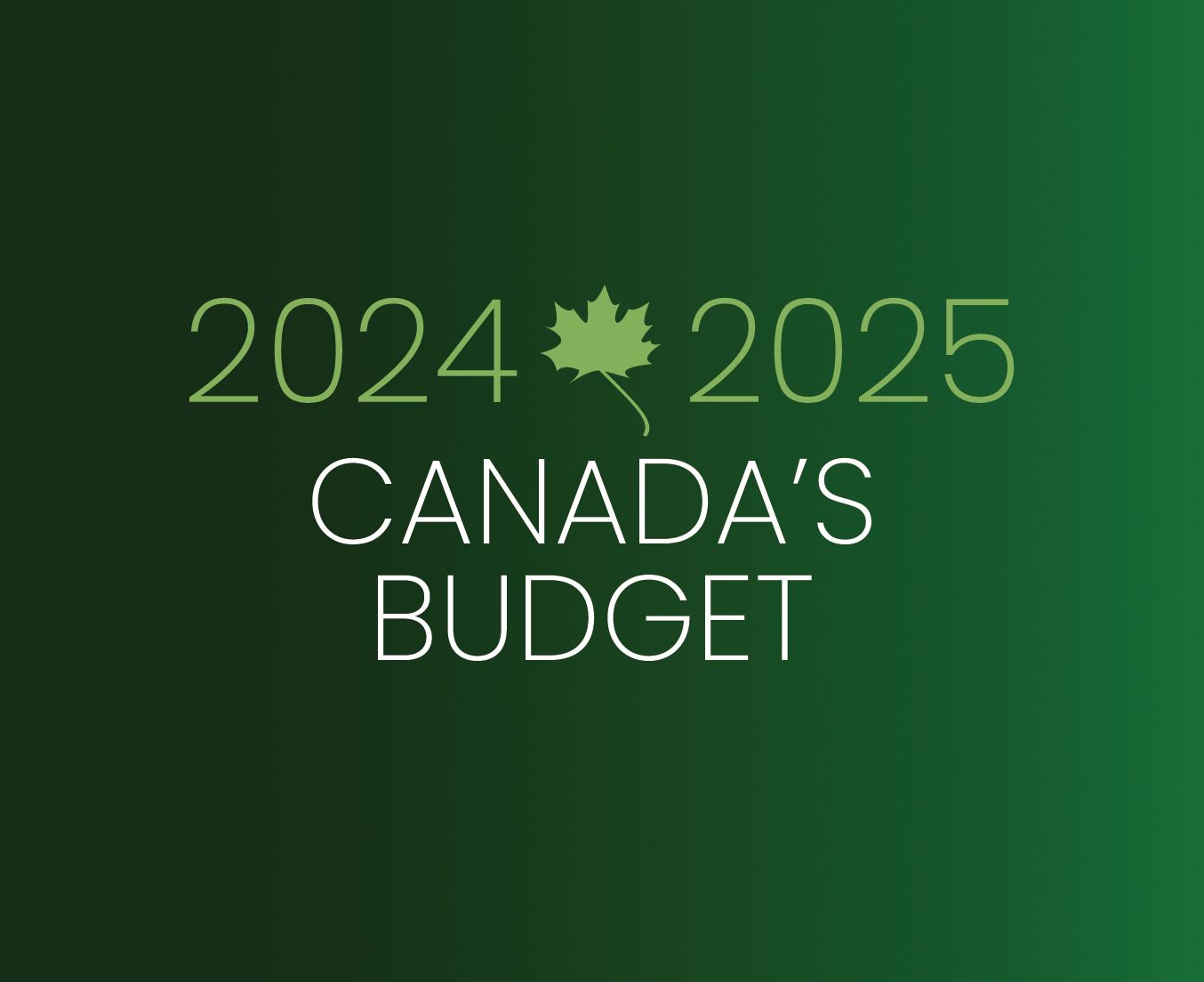For many people saving for retirement, their financial life often looks something like this:
- a portfolio that consists of traditional investments, generally fixed income and equities;
- estate planning involves drafting a will and naming an executor;
- charitable giving is conducted on an ad hoc basis year to year; and
- a legacy for the next generation is the value of assets that happen to remain.
However, your financial life will transform as your wealth accumulates. This transformation is typically marked by a turning point – when you’ve achieved your nest egg objectives and have a lifetime of retirement income to fund your desired lifestyle.
The need for a strategic plan
When your net worth reaches and exceeds a level that meets your financial needs for your expected lifetime, you will require a new strategic plan. Your objectives will evolve from wealth accumulation to wealth preservation, then to drawing income, transition your wealth and planning your legacy.
So, as you move into your retirement phase, your plan should include planning for these and other aspects of wealth management to ensure your legacy remains as intact as possible when passing it on to heirs.
When your net worth reaches and exceeds a level that meets your financial needs for your expected lifetime, you will require a new strategic plan.
What might this look like?
Your investment portfolio, for example, may change in a way that protects your assets against market volatility. When you were building your nest egg, market dips and falling prices often represented buying opportunities. But now you may need to look at investing from a different perspective – there’s less upside to down markets when your primary aim is to preserve capital.
Beyond increasing your exposure to guaranteed investments such as bonds and GICs that can protect your wealth, investments such as real estate, infrastructure, private equity and other alternative investments and strategies could be added to your portfolio to help smooth overall performance. Your goal will be to take the necessary steps to protect capital for your own needs while ensuring there is something left for your heirs after you are gone.
Your goal will be to take the necessary steps to protect capital for your own needs while ensuring there is something left for your heirs after you are gone.
A strategic plan also allows for personalization of your wealth management strategy as your needs will evolve differently to that of the next person’s. For example, take the situation of distributing assets to the next generation.
A business owner could plan to hand over the company to a trustworthy child who is already involved in the operations of the business. In this instance, the owner’s number one goal is minimizing tax on capital gains upon transferring the business.
In another instance, an individual may plan to leave a significant portfolio of assets to a child who lacks financial responsibility. This individual’s needs are to educate their child on wealth stewardship, on the family’s wealth philosophy, or to create a trust that grants the inheritance by installments. By tailoring your plan to your personal needs and circumstances, you’ll gain the flexibility to maximize the benefits of wealth transfer when living while ensuring your heirs are taken care of after you are gone.
Philanthropy may become part of a financial plan, perhaps involving a cause meaningful to the family.
Philanthropy may become part of a financial plan, perhaps involving a cause meaningful to the family. This endeavour also involves customization given each person’s values, ideals and preferences. The nature of their assets too can influence the ideal method of giving.
Assets typically include:
- Life insurance
- Securities
- A bequest through your will or another vehicle
Which ever option suits your situation, you can benefit from the guidance of a professional to help maximize the impact of your bequest. Another determining factor is your personal tax situation, as donation tax breaks for different methods can be applied to annual tax returns, the estate or both.
These examples are only a few ways your financial planning needs can evolve once you’ve taken care of life’s basic financial needs. In fact, new solutions are often required for virtually every component of wealth management, including investments, tax strategies, charitable giving, insurance, retirement income, estate planning and inter-generational wealth transfer.
We can help you to find out whether your turning point is approaching or has arrived and personalize the next level of your strategic wealth management plan.

Investment Planning Counsel





